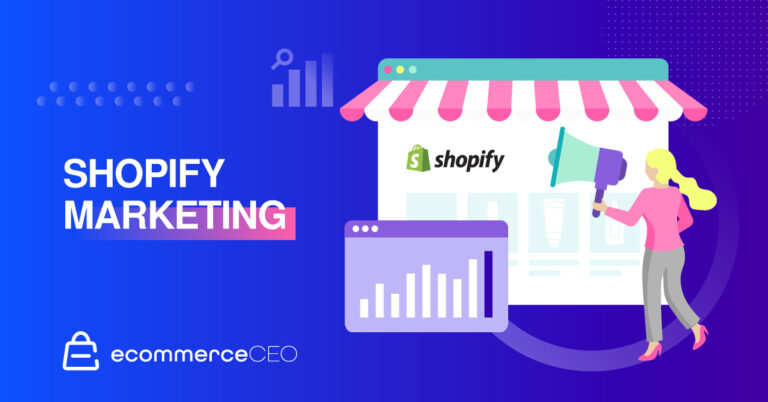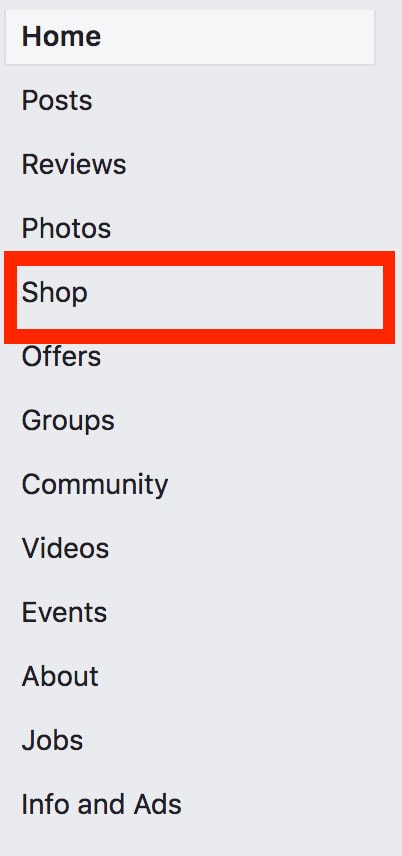
- Posted on
- • October 29, 2020
- Advanced Ecommerce
- Articles

By Mike Schrader, SVP of Sales & Marketing, Miva
Last year I posed a question to the world of ecommerce:
“Is it just me, or does everyone seem to hate their ecommerce platform?”
Since asking that question, I’ve received plenty of confirmation that, no, it’s not just me. I’ve also been asked to tackle the question that naturally follows: if you hate your ecommerce platform (as everyone seems to) what should you be looking for in a replacement?
I’ll start my answer to that with something I’ve learned during my 25 years working on the front lines of ecommerce:
Three things in life are certain: death, taxes, and the need to customize your software.
This rings truer now than ever before. Digitalization is rapidly transforming the commercial landscape, customer expectations are shifting…it’s innovate or die right now.
No matter what industry you’re in, no matter what you sell, you’re going to need to customize the software you use. That customization is what will get you the exact functionality you want for your online business and empower you to innovate. Problem is, this customization rarely comes easy (or cheap). With open-source ecommerce platforms, you run the risk of being weighed down with long development cycles and exponential costs every time you want to make a change. That’s not to mention the price you pay when something goes wrong (and it will go wrong).
The most popular SaaS platforms and shopping carts don’t offer a completely viable alternative, as many sellers are forced to rely on third-party solutions they have to bolt onto their platform just to get it to work the way they need it to.

Keep this in mind when looking for an alternative ecommerce platform. You’ll need to customize, you’ll need to make changes, and you’ll need a platform that can support you in doing so (without slowing you down). Look for platforms that offer essential ecommerce functionality out of the box and are built with customization in mind—these are the platforms that understand the reality of the modern merchant and go beyond minimum viable product.
Agility breeds innovation–don’t settle for less.
Like I said, things are changing fast. There are going to be winners and losers here. Those who can transform their business will thrive in the “new normal”, those who cannot will fall behind.
We’ve seen, time and time again, that agility + innovation = business transformation. Unfortunately, most merchants aren’t in a place where they can innovate. Too many of them can’t get through a single development cycle in time to seize opportunities as they come. If this is the case for you, your team’s inability to be agile–to react to change as it happens and act on great ideas as they come–is going to be what dooms your business. It doesn’t matter what you sell, because someone who can move faster will find a way to sell it better. You need the ability to work in the now and pivot your online business to meet customer needs. You need to differentiate yourself, to stand out from the rising sea of marketplaces and competitors, to have all your critical back-end systems automated and working together seamlessly. This means your ecommerce platform must be flexible, adaptable, integrable, and ready to enable your business’ evolution.
Don’t settle for anything less than a platform that allows you to have an idea today and see it live in a week. Don’t believe those who tell you that the essential functionality you need to run your business better than all your competitors has to come in the form of a bolted-on solution. Don’t buy into the idea that you need to shoulder the risks and expense of delving into source code every time you want to make a change to your site. If any of that sounds like the platform or shopping cart you’re looking at now, do yourself a favor and walk away. Those “solutions” will weigh your teams down to the point where you won’t be able to achieve anything resembling meaningful innovation.
Make sure you can grow with it.
It’s far too common for us to encounter a business whose online potential has been utterly stifled by the growth limits of their ecommerce solution. Businesses like these are struggling with software that probably looked like a great fit back when they did a fraction of the business they do now. They find that their software can’t keep up.
When shopping for a replacement ecommerce platform, think of what your business will look like in 2, 5, and 10 years. Look for a platform that is built to grow alongside you and a partner who isn’t just ready for you to grow but expects it. Make sure the conversations you have with them reflect this—scalability needs to be standard. The ability to manage an online business as it increases in volume and complexity should be in place from the moment you launch your site on the platform you choose. Everything you need to grow confidently and without restriction should be at your disposal from day one.
One platform for multiple channels.
Right now we’re seeing an unprecedented number of businesses shift their sales models to explore new channels. Manufacturers affected by store closures are pivoting to connect with end users by selling direct-to-consumer (DTC). Offline B2B businesses are quickly digitalizing to reach socially-distant buyers.
The ecommerce platform you choose needs to be able to facilitate many different approaches to sales right out of the box. Having the ability to sell both retail and wholesale on the same site–even if you only sell to one or the other now–can prove invaluable in the long run. Your platform should help you reach your base, no matter where they are.
Seize the now, invest in the future.
The new opportunities brought about by the current disruption won’t last forever, which is why now is the time to focus on investing in the solutions that will make the most of these opportunities and bring in revenue. Some aspects of your business ecosystem can wait—your ecommerce platform cannot.
The same holds true when comparing ecommerce platforms. The price tags can be deceptive–the ones that cost the least aren’t typically the ones that will make you money. They’re minimum viable products that won’t get you any further than a site that looks like everyone else’s and a growth ceiling that you’ll eventually have to pay to break out of. My advice? Invest in technology that’s going to generate revenue: a fully-realized and scalable ecommerce platform backed by a partner that can show you a clear path to ROI.

Find the right platform, find the right partner, find a way forward.
A successful ecommerce business will naturally owe a lot to the technology that powers it, but it’s the people who work on and with that technology who can make or break an enterprise. When considering ecommerce partners, be on the lookout for disconnects between your prospective partners’ values and those of your company and industry. Look for people who seek to understand your business, your unique challenges, your teams, and your culture–people who want to help bring your ideas to life.
Disruption is recurrent and takes many forms. The challenge facing those who consider themselves too busy to deal with their business problems now is that they’re not going away. No one’s denying that things are a bit crazy right now, but one way we can bring order to the chaos is by having good information and making good decisions. If you’re looking for an alternative ecommerce platform and an invested partner who will help you find a way forward, then reach out and we’ll show you what we can do for you.

About The Author
Mike Schrader
As the SVP of Sales and Marketing, Mike brings over twenty-five years of experience to Miva. With a wealth of professional experience in everything from supply chain to post-purchase, Mike has been on the front lines of ecommerce and is dedicated to enabling the growth and success of online merchants. Mike is an avid runner and UCLA graduate who spends his weekends working in his backyard vineyard.





